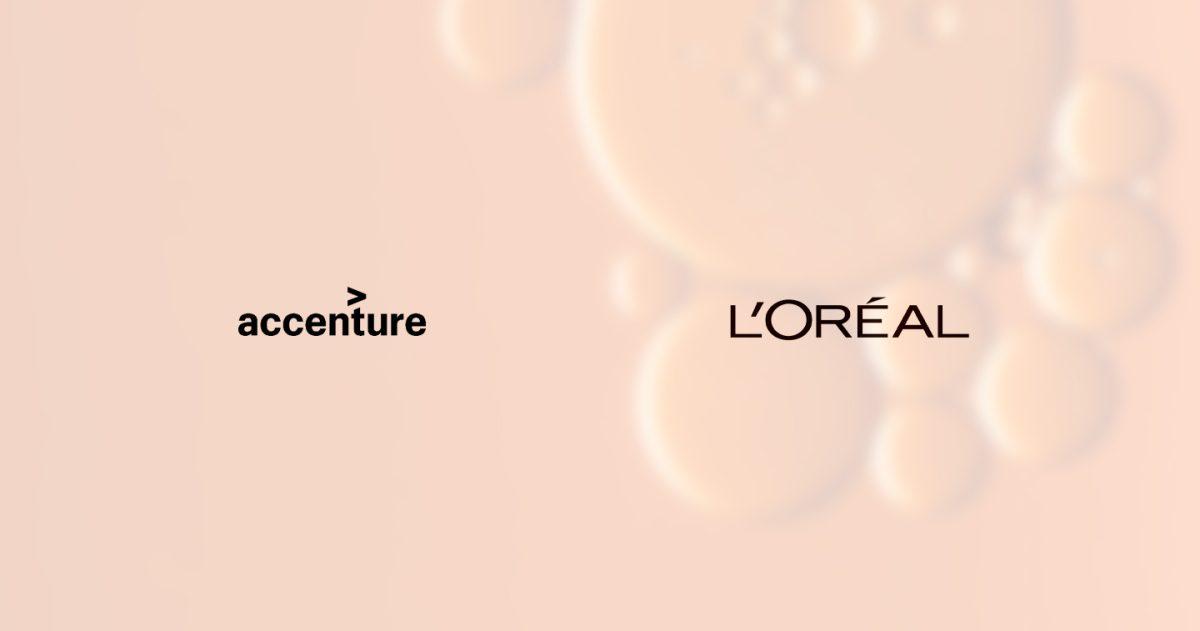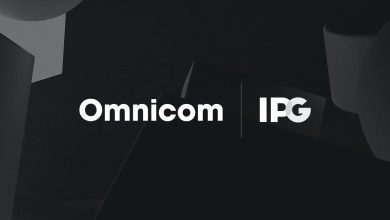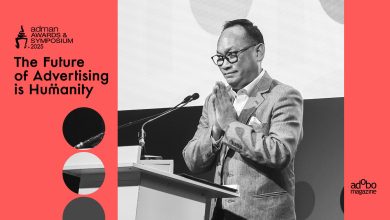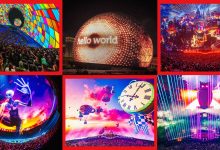DUBAI, UAE – L’Oréal Middle East has selected Accenture (NYSE: ACN) to help the beauty group across the Gulf Cooperation Council (GCC) use data and advanced technologies to deliver a more authentic and human-centered consumer experience across its brands.
Accenture Interactive will leverage its expertise in data-driven marketing transformation to provide L’Oréal Middle East a more precise and connected approach to increase consumer engagement in the region. By putting consumer sentiments and insights at the heart of the business, L’Oréal Middle East will be able to creatively personalize content that meets consumer needs across all of its digital platforms at scale. The additional level of rich data will also enable L’Oréal Middle East to streamline its consumer engagement approach with more relevant product messaging, recommendations and rewards across its beauty products online.
“As a digital-first company, we are focused on using technology to innovate and deliver beauty experiences tailored for our consumers,” said Mehdi Moutaoukil, L’Oréal Middle East Chief Marketing Officer. “Accenture Interactive boasts deep competencies to help brands drive growth by experience reimagination. We are confident that this collaboration will help us to unlock new possibilities in beauty – from skin diagnostics and virtual try-ons to personalized or bespoke products.”
David Fregonas, Accenture Interactive’s lead for the Middle East, said: “The rapid rise in e-commerce over the past 18 months is paving the way for brands to tap deeper human insights so they can be more creative in every digital engagement. We are excited to help L’Oréal master data-driven beauty experiences to create greater value for consumers, drive greater market differentiation, and ignite long-term business growth in the Middle East.”
A recent Accenture study found that the proportion of online purchases for personal care and make-up products by previously infrequent e-commerce users in the United Arab Emirates – defined as those who used online channels for less than 25% of purchases prior to the outbreak – has increased 525% since the outbreak – 175 percentage points higher than the global average (350%).








